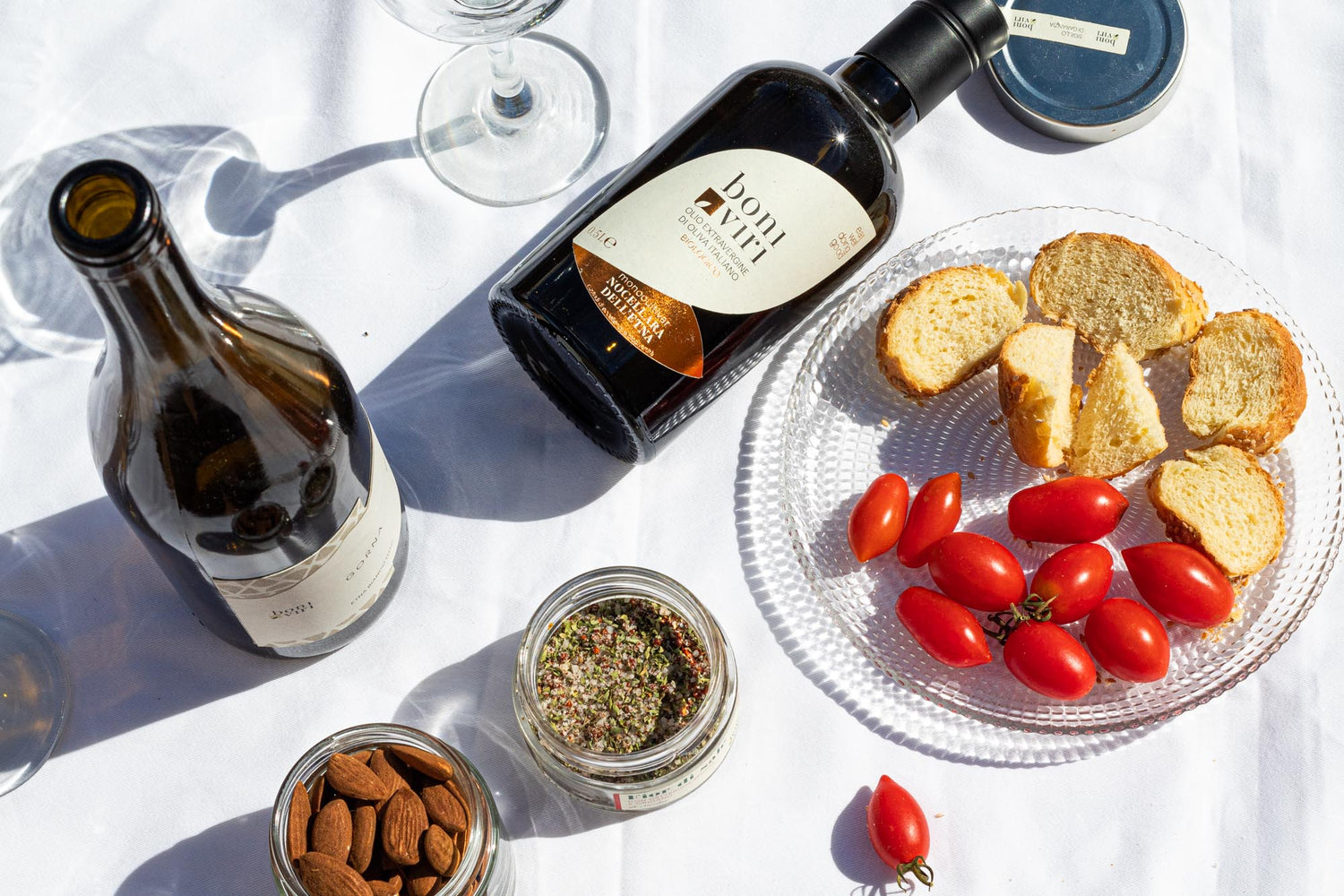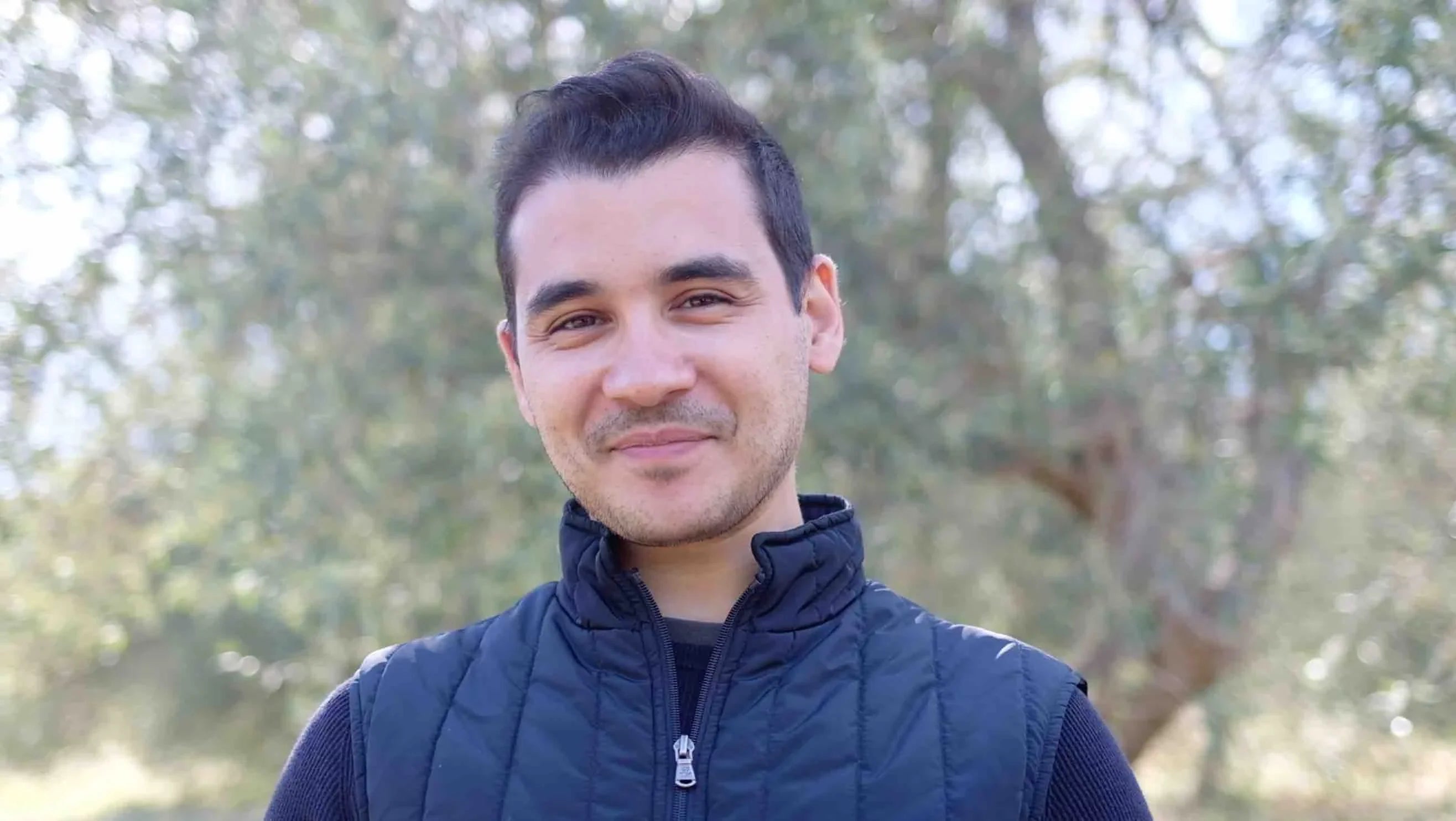October 27, 2021
It's the first time I meet Davide Scaravilli, a lawyer by training and now the heir to the centuries-old agricultural wisdom of the Virzì family. We are in a historic bar in Catania, overlooking Piazza Duomo, in front of the "Liotru", the black basalt elephant symbol of the city. There are only a few days left until the olive harvest and, despite the cheerful atmosphere that surrounds us, Davide is tense: "We expect an excellent year, but a hailstorm is enough to ruin everything".
His is an unexpected trajectory. After studying law and a master's degree at Columbia University in New York, he seemed destined for a legal career. But one day, walking among the skyscrapers of the Big Apple, he feels an irresistible nostalgia: "At a certain point I heard the call of Etna. I missed it so much." So he decides to return to Sicily, to the Nebrodi mountains, to dedicate himself to the family farm. "It was a detour on the dirt road, risky, but can you imagine the satisfaction?"
Davide has very clear ideas: "The company is in an important moment, we are investing a lot. Soon we will also build the mill to have control of the entire supply chain, it is the key to obtaining a perfect product". He has already revolutionized processes and products: "After a long testing phase, we decided to filter the oil. In the long term it is preserved better and the quality is not lost, because we anticipate the harvest to guarantee the same flavors and aromas".
On social media he describes himself as a "professional on the move to promote the cultural revolution of the agri-food sector". He explains: "To make the agricultural revolution, you must first of all trigger a cultural revolution. As long as people associate the farmer with the poor peasant with the hoe, young people will continue to snub the land. We must convey the message that agriculture, despite the difficulties, is a beautiful sector in which to work, in which to innovate and from which to obtain great satisfaction, even financially. It is a question of reputation, and we must all work together to change it. It is our greatest challenge: we will only win it if we learn to network. The North, with large consortia like that of Parmigiano Reggiano, has set an example".
We are distracted by exotic voices and faces: a group of tourists sits down next to us. "For some time now we have been seeing Asians, especially Japanese, in Catania. Little by little, something is changing. We need to work as a team and enhance the unexpressed potential of our territory, starting with tourism and agriculture." We choose wine, a Nero d'Avola. Davide points out to me that, even with oil, you can follow the same process of product enhancement that wine has already done successfully: "Oil has a great opportunity. And then it is healthier, more democratic and just as sophisticated."
I could listen to Davide for hours, but it’s getting dark, we have to say goodbye. As I go up the cheerful and unruly river of people that floods Via Etnea, the city’s main artery, I think back to our conversation. And I understand that life is a matter of trajectories. There are those who choose the straight and safe ones and those who, like Davide, prefer the bumpy and uncertain ones, the dust of the dirt road, the thrill of unexpected views and boundless horizons. I understand that driving straight leads to sleep and that real life is made of sudden deviations, sharp bends, broken roads. Of dust and surprises. Those who have the courage to take the dirt road truly live.




